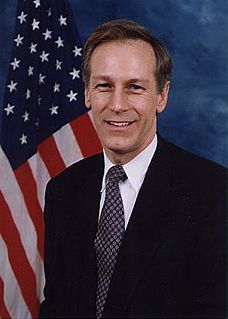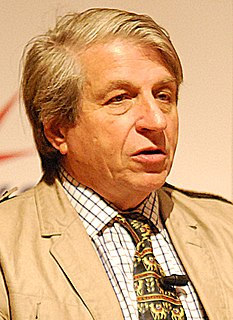Top 141 NAFTA Quotes & Sayings - Page 2
Explore popular NAFTA quotes.
Last updated on April 14, 2025.
On NAFTA, the Canadian Parliament... is united. We have our partisan differences. When we hold the government to account, as is our role in our parliamentary system, we will absolutely point out what we think they should be doing differently. But when it comes to our relationship with the United States, we do speak with one voice.
Some of the younger people afford hope for the future. I am not opposed to reform initiatives. For example, if you can build up enough popular support in the United States to put through a reasonable health care program or to support the rights of the working people against the version of NAFTA which was rammed through, these can be good things.
Governments have been ceding power to big multinational corporations in the market. We see the manifest in a variety of ways. Where governments are giving up power to big international institutions like the World Trade Organization or NAFTA, which are disabling governments' ability to protect the rights of their own people.
Secretly, the Bush administration is pursuing a policy to expand NAFTA politically, setting the stage for a North American Union designed to encompass the U.S., Canada, and Mexico. What the Bush administration truly wants is the free, unimpeded movement of people across open borders with Mexico and Canada.
When it comes to acid rain or oil spills or depleted fisheries or tainted groundwater or fluorocarbon propellants or radiation leaks or sexually transmitted diseases, national frontiers are simple irrelevant. Toxins don't stop for customs inspections and microbes don't carry passports. North America became a water and free-trade zone long before NAFTA loosened up the market in goods.
I share the skepticism that my friends have about NAFTA. It was woefully weak in protecting workers and on the enforcement side. The question is can we meaningfully build a trade regime that has as its North Star protecting American workers and American jobs through meaningful enforcement? I think we can.





































